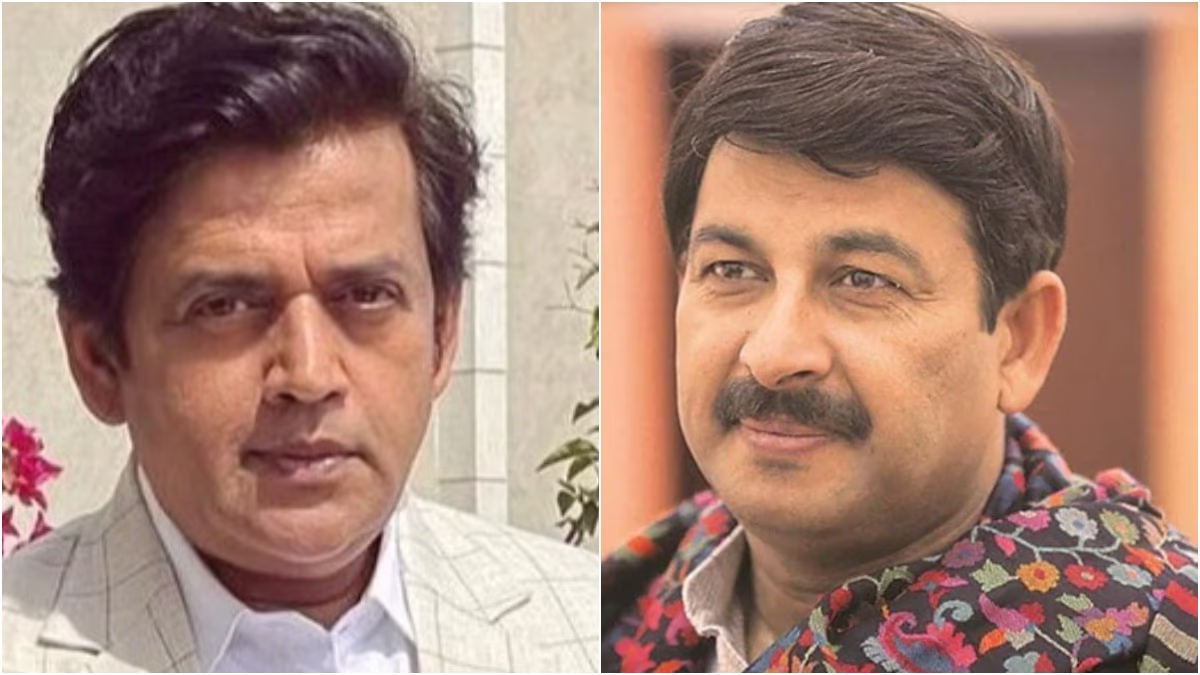The Supreme Court has made a significant observation on two laws related to women's crimes. The Court identified IPC Section 498A and the domestic violence act as among the most misused laws. Justices BR Gavai, Prashant Kumar Mishra, and KV Viswanathan highlighted this during an alimony case hearing.
Justice Gavai cited an old case, emphasizing that escaping such situations is often the best outcome.
He recounted, 'I came across a case in Nagpur where a man had to pay Rs 50 lakh to his wife, despite never living with her. Domestic violence and Section 498A are often misused.'
Questions have been raised repeatedly about IPC Section 498A. It is perceived that women use this section to implicate their husbands and in-laws in criminal matters.
Earlier this year, during a similar case, the Supreme Court urged the government to amend the existing law. This was before the Indian Penal Code (IPC) was replaced by the Bharatiya Nyaya Sanhita (BNS). Section 498A protects women from cruelty by their husbands and relatives. In BNS, this is covered under Sections 85 and 86.
Concerns Over Section 498A’s Misuse
This isn't the first time the misuse of Section 498A has been questioned. Last month, the Bombay High Court voiced concerns over elderly and bedridden individuals being implicated under this section. Similarly, in May, the Kerala High Court remarked that wives often file such cases out of revenge.
The Supreme Court has also expressed concerns about the misuse of Section 498A multiple times. In July 2017, the Court halted immediate arrests under this section to prevent its misuse, directing that arrests should only follow thorough investigations.
In 2022, the Supreme Court issued further guidelines, stating that victims must specify details about the alleged cruelty. Simply claiming cruelty isn't sufficient for a Section 498A case.
In July last year, the Jharkhand High Court noted that Section 498A was introduced to protect married women from cruelty by their husbands and in-laws, but it's now being misused.
READ ALSO: Why Courts Fail to Provide Justice to Male Victims of Sexual Assault?
Understanding the Two Laws
- Section 498A, now BNS Sections 85 and 86
From July 1, BNS replaced IPC. Sections 85 and 86 in BNS incorporate the provisions of IPC’s Section 498A without changes.
Under BNS Section 85, any 'cruelty' by a husband or his relatives towards a married woman is considered a crime.
Cruelty can be physical or mental. Physical cruelty includes assaulting the woman. Mental cruelty involves harassment, taunting, or behaviour that could drive her to suicide. Illegal demands for property from the woman or her family also constitute cruelty.
Under this section, offenders can face up to three years in prison and fines.
- Domestic Violence Law
This law was introduced in 2005 to protect women from violence within their homes. It covers mothers, sisters, wives, daughters, and widows living in a shared household, including women in live-in relationships.
The law prohibits harming a woman’s health, safety, life, body, or mental state. It includes physical, mental, verbal, emotional, economic, and sexual violence. If a husband or son forcefully demands money or property from a woman, it counts as economic harassment under this law.
Moreover, a married woman cannot be harassed for dowry. Women and their associates cannot be verbally abused or threatened.
Only women can file complaints under this law. Section 2(A) designates a woman as the 'aggrieved person,' meaning men cannot file complaints against women under this law.
Under this law, a male family member can be accused by the female victim. For example, a woman facing domestic violence can file complaints against her husband and in-laws.
Magistrate courts issue orders under this law. These orders can provide the victim with shelter, residence, medical support, and other reliefs.
Why Are These Laws Questioned?
From lower courts to the Supreme Court, concerns about misuse persist. Women sometimes leverage these laws to pressure husbands or in-laws.
In May this year, the Supreme Court annulled a Section 498A case filed by a wife after her husband sought a divorce. The High Court had refused to dismiss the case, leading to its escalation to the Supreme Court.
Questions about the domestic violence law arise because it applies exclusively to women. Men cannot be accused under this law. Last February, the Delhi High Court clarified that men, especially husbands, are not protected by this law.
It’s argued that violence by a husband against his wife or vice versa are crimes, but domestic violence law protects only the wife. If a wife commits violence against her husband, it's not considered domestic violence.
The low conviction rates for these laws also raise concerns. According to NCRB, the conviction rate for domestic violence law and Section 498A is only 18%, meaning most accused are acquitted.
READ ALSO: Crimes with Life Imprisonment Sentences: Law Tightens, Ensuring No Parole
Does Domestic Violence Against Husbands Exist?
In June 2021, the Madras High Court remarked that it's unfortunate there isn't a law equivalent to the domestic violence act for husbands to file complaints against wives.
Data from the National Family Health Survey-5 (NFHS-5) shows that 10% of women aged 18-49 admitted to hitting their husbands at some point, even when not provoked by violence.
In the survey, 11% of women confessed to hitting their husbands in the past year.
The data indicates that as women age, the likelihood of them committing violence against their husbands increases. Less than 1% of women aged 18-19 admitted to such violence, while approximately 3% of women aged 20-24, 3.4% aged 25-29, 3.9% aged 30-39, and 3.7% aged 40-49 admitted to violent acts against their husbands.
Women living in rural areas are more likely to hit their husbands than those in urban settings. In urban areas, 3.3% of women admitted to violence, compared to 3.7% in rural areas.
What Can Husbands Do?
If a wife is abusive, the husband can seek divorce under Section 13 of the Hindu Marriage Act. This section allows for divorce if cruelty, whether physical or mental, can be proven.
If a wife leaves the marital home without reason and doesn't return, the husband can file a petition under Section 9 of the Hindu Marriage Act to have the court order her return. Similarly, a wife can file under the same section if the husband leaves.
The decision to leave must be justified in court.
Under BNS Section 227, a husband can file a case if he believes his wife or others are presenting false evidence against him.
If the wife threatens to harm the husband, his family, or property, a case can be filed under BNS Section 351.
If falsely accused of dowry harassment under Section 498A (BNS Section 85), the husband can counter-sue and demand evidence for the dowry claims.




